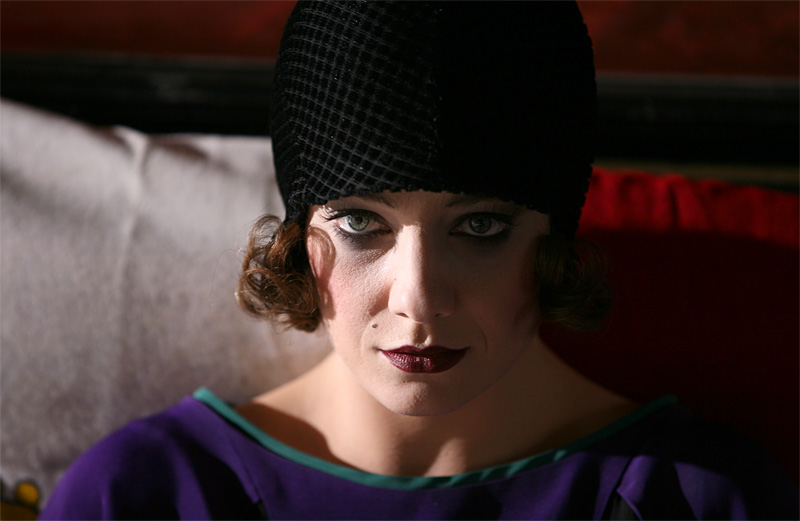According to Marco Bellocchio’s Vincere, Mussolini was nearly as much of a bully in the bedroom as he was in office. Il Duce would eventually get busy with the Pope, but in the mid-1910s, he screwed—and screwed over—one Ida Dalser, who becomes this epic melodrama’s nobly suffering Jeanne d’Arc. Bearing Mussolini a son, Dalser was banished to an insane asylum for the rest of her days. Hell hath no fury, indeed: Complete with thunder and lightning, sex and street riots, booming music and fascist slogans splayed across the screen, Bellocchio’s immodestly mounted production is an operatic critique of the violent force with which a woman was written out of His Story. This is nothing new for Bellocchio, whose best films of the past five decades—beginning with Fist in His Pocket in 1965—have trafficked at the intersection of history and family. Vincere, though, is his stylistic knockout. In the hands of the fiercely committed Giovanna Mezzogiorno, Dalser goes from being the recipient of Il Duce’s thrusts (and a funder of his fascist paper) to a towering figure of sorts, tough as nails even when incarcerated. Its title translating as “Win,” Vincere
is a victory for the doomed Dalser in the sense that she’s finally gotten a camera’s attention. “You’re my woman,” Il Duce (Filippo Timi) tells his secret lover early on in the movie. “So be quiet.” Her refusal to do so is Bellocchio’s cause for celebration—and our good fortune.








